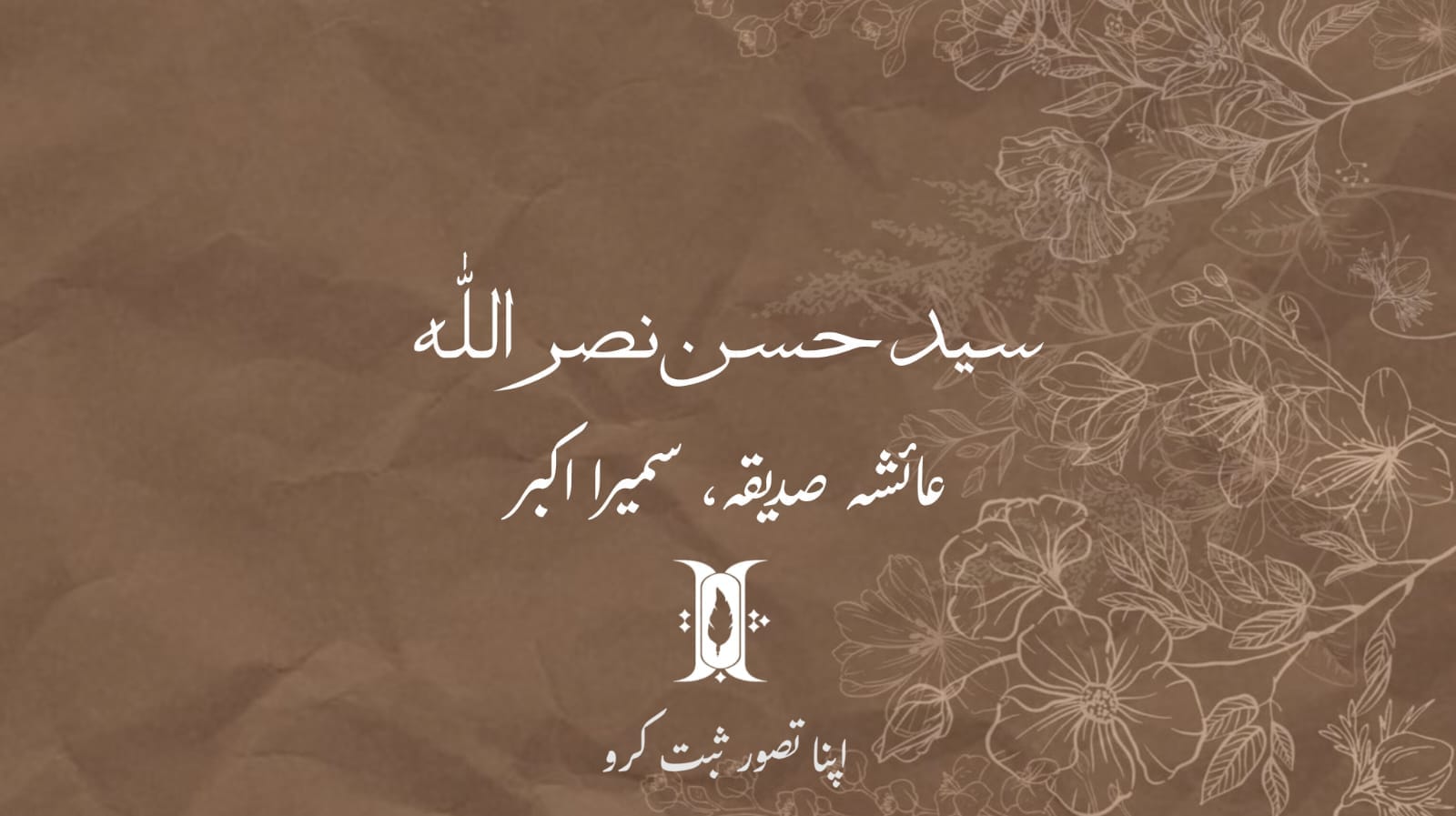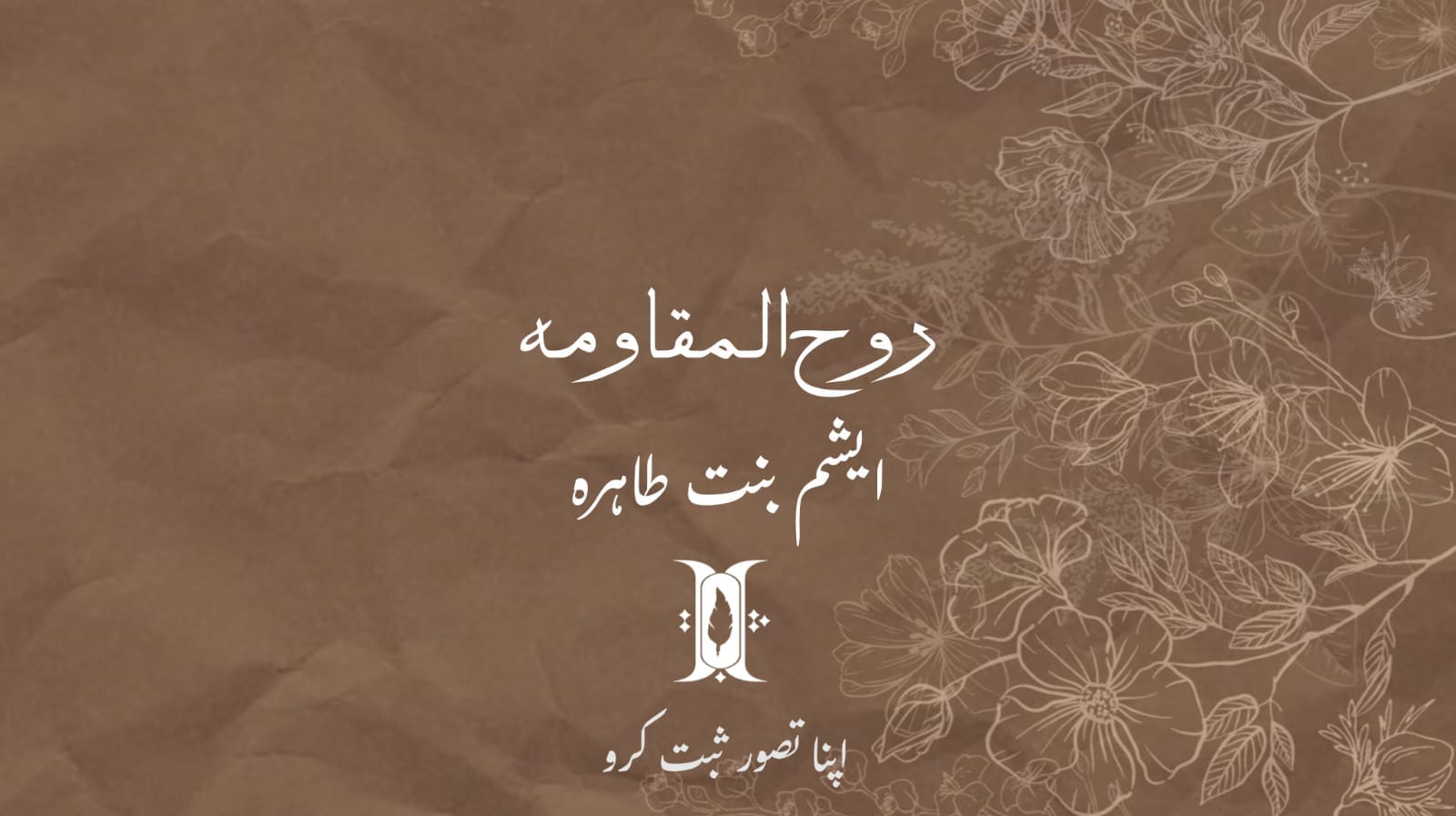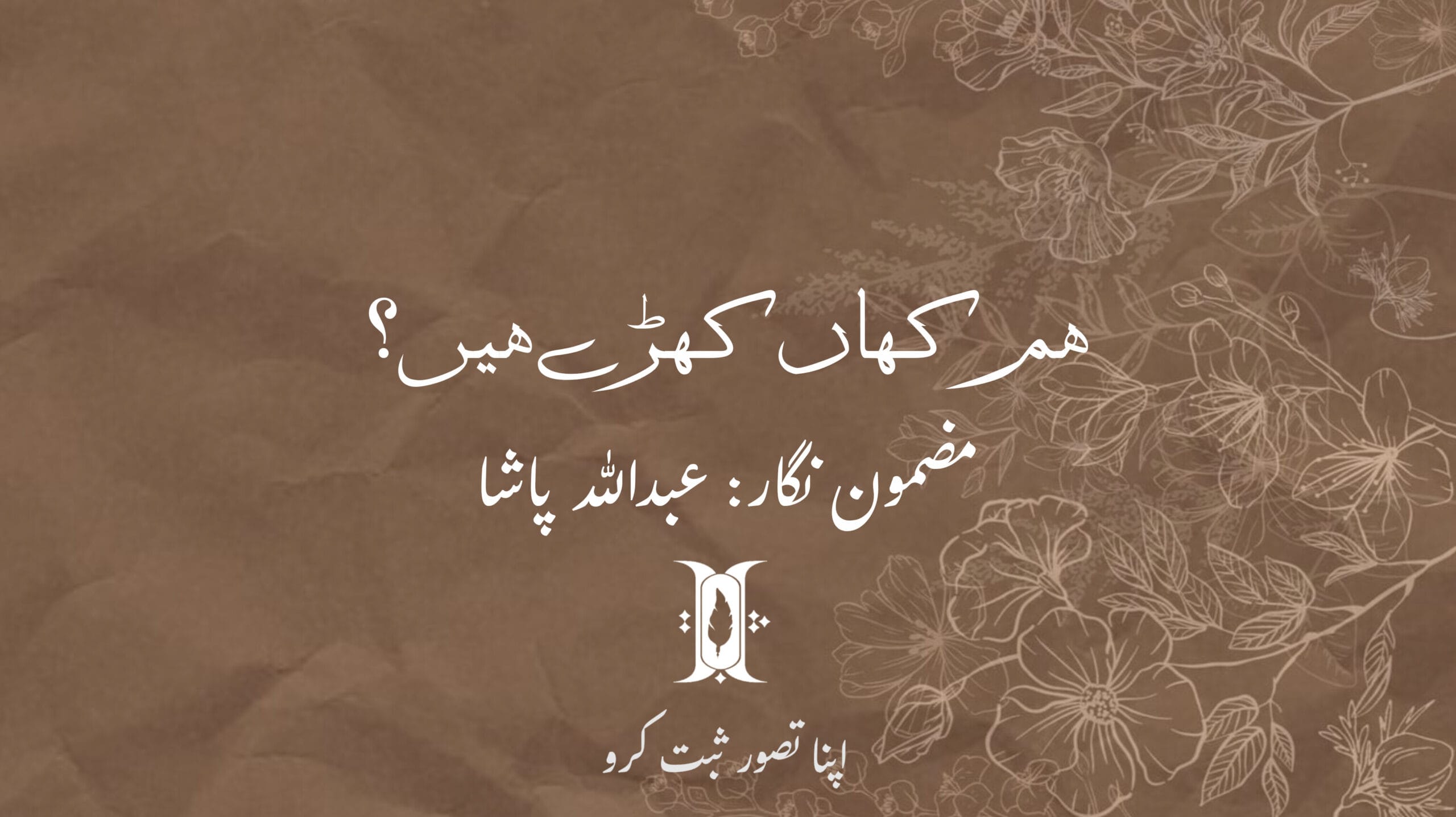Introduction
The essay “Wada Jo Tum Bhool Gaye” (“The Promise You Forgot”) is a thought-provoking reflection on the sacrifices made by Muslims of the Indian subcontinent for the creation of Pakistan, and the unfortunate reality that the core purpose behind this struggle has been forgotten. From the War of Independence in 1857 to the historic moment of 14th August 1947, countless lives were lost and immense hardships endured for one noble goal: to establish a homeland where the Islamic system of governance could be implemented.
However, after achieving independence, the nation gradually abandoned this promise. Instead of building a state based on the teachings of the Qur’an and Sunnah, Pakistan adopted Western-style governance and societal norms, drifting away from its founding vision.
This essay is not merely a critique; it is a wake-up call. It reminds the people of Pakistan of their forgotten oath, urges them to revive their true identity, and encourages them to work towards establishing the system they had promised to Allah.

Historical Background – The Long Road to Independence
The Struggle from 1857 to 1947
The roots of Pakistan’s creation are deeply embedded in the 1857 War of Independence, when Muslims and Hindus rose together against British colonial rule. However, after the failure of the revolt, Muslims faced severe persecution. Their cultural, educational, and political institutions were systematically destroyed, and they became marginalized in their own homeland.
Despite these hardships, Muslim leaders and thinkers such as Sir Syed Ahmed Khan, Allama Iqbal, and Quaid-e-Azam Muhammad Ali Jinnah reminded the community of its glorious heritage and inspired them to strive for revival.
The vision that emerged was clear: a separate homeland where Muslims could live according to the principles of Islam, free from the influence of a Hindu-majority India and the secular governance of the British. This vision became the driving force behind the Pakistan Movement.

Aims and Objectives:
At the heart of the Pakistan Movement was a sacred pledge—that this new nation would not be just another state on the map, but a model Islamic society. This was not merely a political aspiration; it was a spiritual covenant made by millions of Muslims with their Creator.
When Muslims chanted slogans like “Pakistan ka matlab kya? La ilaha illallah” (“What does Pakistan mean? There is no god but Allah”), they were declaring to the world and to themselves that this nation would be built upon the laws revealed in the Qur’an.
The Betrayal of the Promise
Sadly, after independence, this divine commitment began to fade. Instead of immediately working towards an Islamic governance system—based on justice, equality, and moral accountability—the rulers adopted Western parliamentary structures and economic systems.
The social fabric of the country also shifted towards Western cultural ideals, distancing itself from the modesty, unity, and ethical values that Islam promotes. Gradually, the dream of an Islamic Pakistan became a mere slogan, repeated on independence days but forgotten in practice.
Why This Promise Matters
A Moral and Religious Obligation
Breaking any promise is a moral failing, but breaking a promise made collectively before Allah is a serious sin. The Qur’an repeatedly warns believers about the gravity of breaking covenants:
“And fulfill every (binding) promise. Indeed, the promise will be asked about.” (Qur’an 17:34)
By forgetting the pledge of creating an Islamic society, we have not only betrayed our ancestors but also our faith.
The Real Test Began After Independence
The struggle for Pakistan was not the end of the journey—it was the beginning of the real test. Achieving political freedom was only the first step; implementing true freedom under Allah’s law was the ultimate goal.
Unfortunately, instead of taking this step, we chose the easier path of adopting ready-made Western systems, telling ourselves that they would somehow deliver justice. But history has shown that a borrowed system cannot serve a nation whose spiritual and cultural identity is rooted in Islam.

Consequences of Forgetting the Promise
The neglect of our founding vow has led to:
- Corruption in political and social institutions
- Inequality between the rich and the poor
- Loss of moral values and rise of crime
- Weakening of national unity, as ethnic and sectarian divisions grow
- Dependency on foreign powers, both economically and politically
This decline is not accidental—it is the direct result of abandoning the guiding principles that were meant to shape Pakistan.
A Call to Return to the Original Vision
The purpose of “Wada Jo Tum Bhool Gaye” is not simply to criticize but to ignite hope and inspire action. The author calls upon the people of Pakistan to:
- Remember the sacrifices of their forefathers who gave everything for this land.
- Recommit to the original pledge of establishing an Islamic system of governance.
- Reject imported systems and cultures that contradict our faith and heritage.
- Work collectively for the revival of justice, morality, and accountability.
The Role of the Ummah and the Promise of Allah
The Qur’an contains a powerful assurance:
“Allah has promised those among you who believe and do righteous deeds that He will surely grant them succession to authority upon the earth…” (Qur’an 24:55)
This divine promise makes it clear that true success—both worldly and eternal—will come only when we follow Allah’s guidance. The author reminds the nation that the establishment of Khilafah (Caliphate) in Pakistan would not only fulfill the pledge but also strengthen the entire Muslim Ummah worldwide.
Conclusion – The Time to Act is Now
Wada Jo Tum Bhool Gaye is more than just a reminder—it is a mirror held before the nation. It asks us: Have we truly honored the sacrifices of 1857, the struggles of our leaders, and the blood shed in 1947? Or have we let independence become an empty celebration?
The essay urges every Pakistani to remember that nations are not built by chance—they are built by commitment. Our forefathers made a promise, and it is our duty to fulfill it.
Only by returning to the Islamic principles that were the foundation of Pakistan can we hope to bring justice, unity, and prosperity—not just for ourselves but for the generations to come.
Let this not be just another Independence Day slogan. Let it be the start of a national revival.
To Read More Articles Like This
About Sebt.pk
Sebt.pk is the movement founded to make writers of Urdu literature realize the worth of their words. You can find anything here, you name it, Urdu Novel, Afsanah, Novelette and articles! If you want to publish your work and get it featured on sebt.pk you can contact us anytime!



